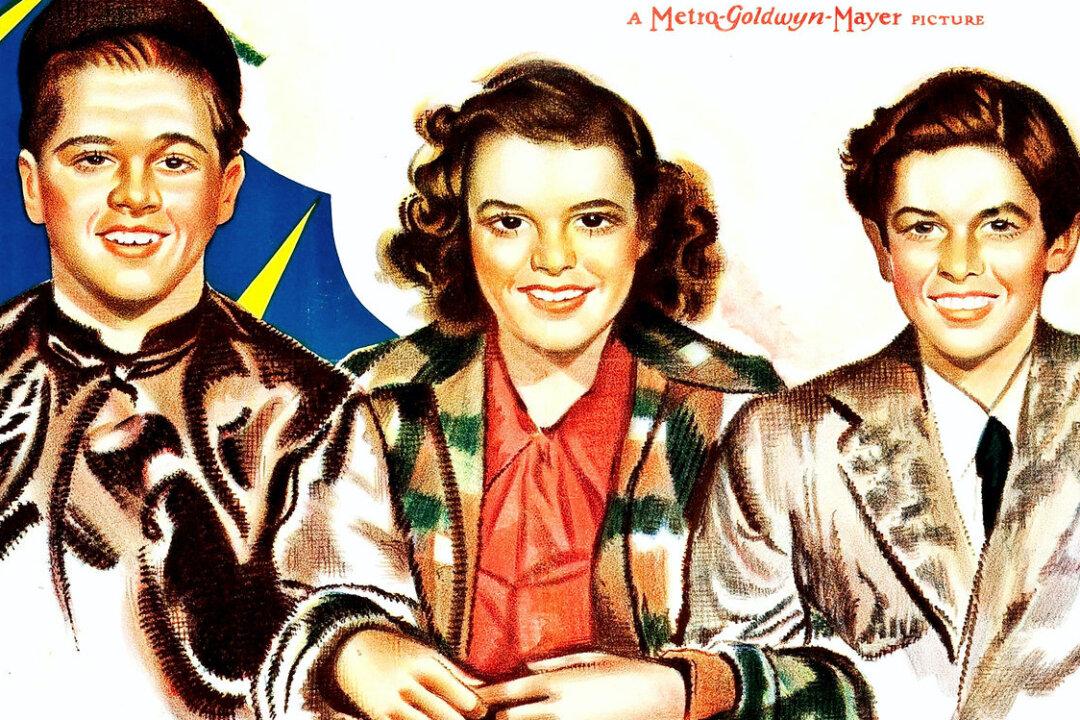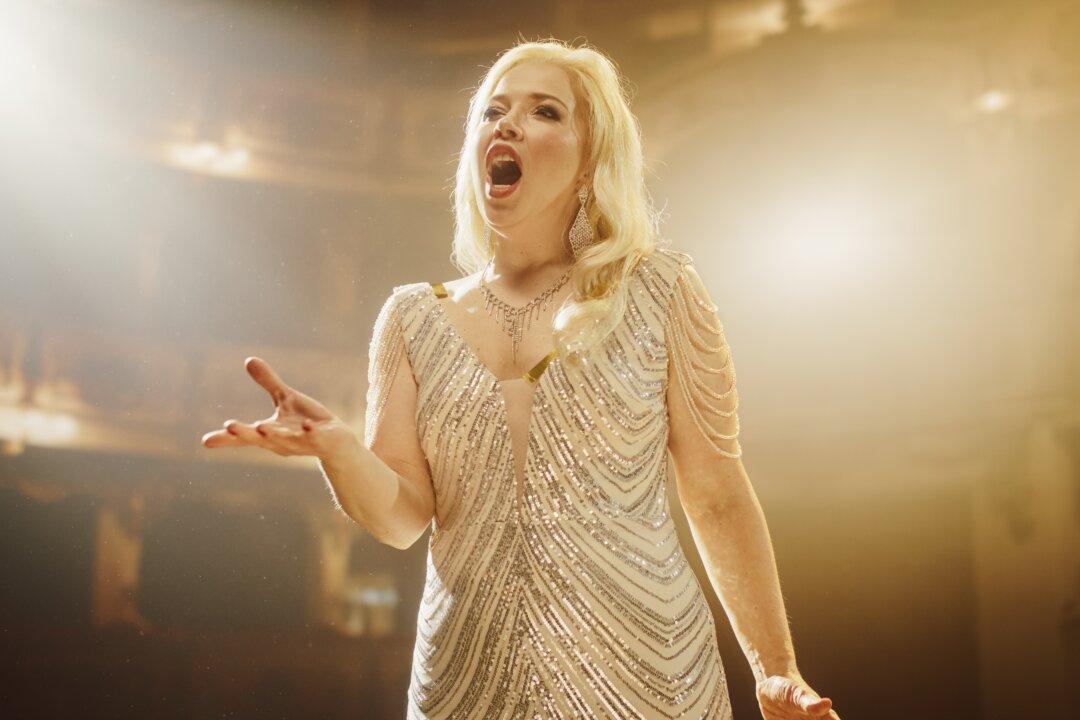Commentary
The concept of a story about a child and a horse is a time-honored one. The bond between any young person and a beloved pet, such as a dog in the “Lassie” movies or any number of wild animals in 1960s live action Disney movies, is a touching premise for a film. Add to that man’s long affinity for his trusted horse, and you have a recipe for success. Long before “Black Beauty” (1994) and “War Horse” (2011), there was “Thoroughbreds Don’t Cry” (1937).





